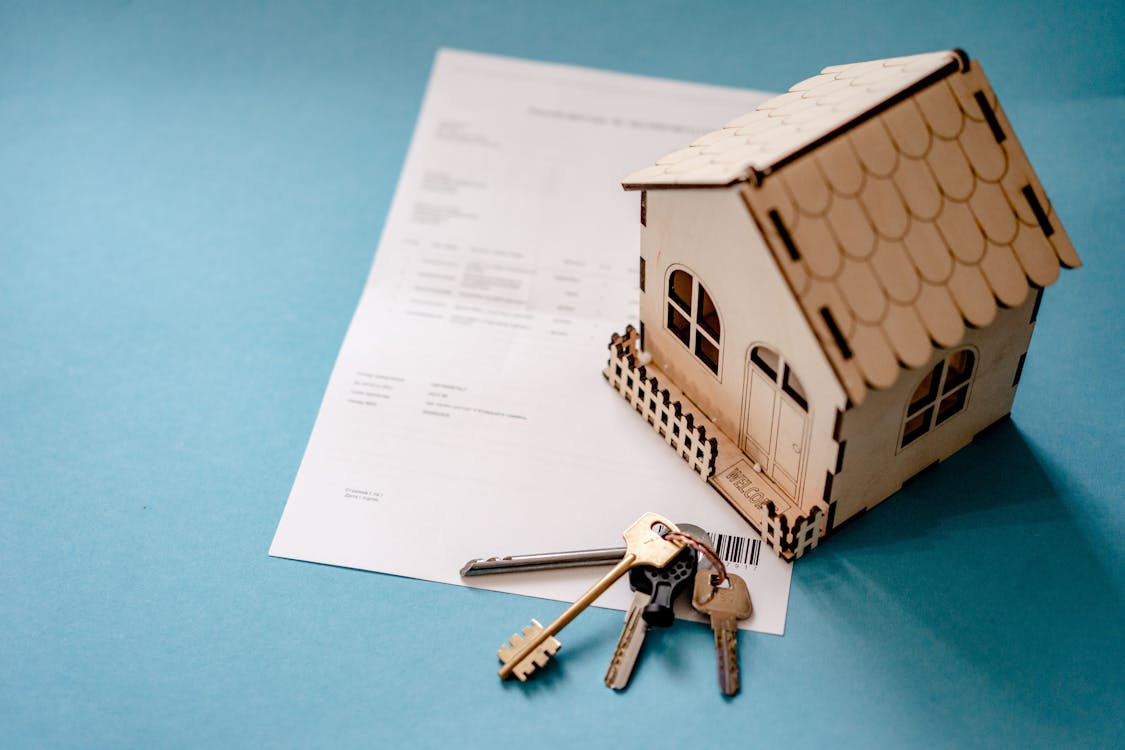Investing in rental properties can be a lucrative way to build wealth, but it can also feel like navigating a complex maze for first-time investors. The world of rental property financing is filled with different loan options, requirements, and processes that can be intimidating for someone unfamiliar with the real estate market. However, with the right knowledge and approach, you can successfully break into the rental property business and start generating passive income.
In this guide, we’ll walk you through the essential steps to mastering loans for rental property in New York and Florida, helping you understand the eligibility requirements, the best lenders to work with, and how to navigate the loan application process. By the end, you’ll be prepared to secure your first rental property loan and confidently start your real estate investment journey.
Understanding Rental Property Loan Eligibility:
The first step in securing rental loans for investors is understanding the eligibility criteria. Unlike traditional home loans, loans for rental properties come with specific requirements due to the nature of the investment. Lenders need to assess your financial standing to ensure you can manage the property and maintain the loan payments.
Rental property loan rates are typically influenced by factors such as your credit score, income, and the rental income potential of the property you plan to buy. A higher credit score can help you secure better rates, while a consistent income stream will show lenders that you are financially capable of taking on the responsibility of a rental property.

For investors in both New York and Florida, it’s important to be aware that requirements for rental property loans may vary slightly based on location and market conditions. For example, Florida’s competitive real estate market may impact the loan application process, while New York’s stringent lending regulations may require additional paperwork.
Finding the Best Rental Property Mortgage Lenders:
Once you have a clear understanding of rental property financing, the next step is to find the right rental property mortgage lender. Not all lenders offer the same terms, rates, or loan products, so it’s crucial to shop around and compare options to find the best fit for your needs.
When looking for a lender, consider whether they specialize in loans for rental homes or if they offer products for both primary residences and investment properties. Lenders that focus on rental properties are more likely to understand the specific challenges of real estate investing and offer solutions tailored to your situation.
For both first-time investors and seasoned professionals, some of the best rental property lenders offer competitive rental property loan rates and flexible repayment terms. Additionally, you should inquire about the availability of programs like rental property mortgage pre-approval, which can help speed up the process once you find a property you want to purchase.
Navigating the Rental Property Loan Application Process:
The application process for rental property loans can be more involved than applying for a traditional home mortgage. In addition to your personal financial information, lenders will want to know details about the property you plan to purchase, including its location, condition, and rental income potential.

One of the key steps is securing rental property mortgage pre-approval. This will give you a better idea of how much you can borrow and demonstrate to sellers that you are a serious buyer. Keep in mind that hard money for rental properties is an alternative option that can be useful if you don’t meet traditional lending criteria or need fast financing. Hard money loans typically have higher interest rates, but they can be an option for investors who need quick access to capital.
Once you have your rental property mortgage pre-approval in hand, the next step is to submit a formal loan application. Lenders will assess your financial health, including your credit score, debt-to-income ratio, and assets. They may also ask for additional documentation, such as tax returns, proof of rental income (if applicable), and property details.
Closing the Deal: Final Steps in Securing a Rental Property Loan
After your application has been processed and approved, the final step is closing the loan. During this stage, you’ll review the loan agreement, sign the necessary documents, and finalize the terms of your financing. This is where the true cost of rental property financing becomes clear, as the interest rate, loan term, and other fees will be outlined in the agreement.
It’s important to take your time and review the terms carefully before signing anything. You’ll want to ensure that the rental property loan rates and conditions are in line with your investment goals. If you have any questions or concerns, don’t hesitate to ask your lender for clarification. Once everything is signed, you’ll officially be the owner of your first rental property.

Long-Term Strategies for Successful Rental Property Investing:
Once you’ve secured your loan and closed on your property, the real work begins. As a first-time investor, it’s essential to have a strategy for managing your rental property. This includes finding reliable tenants, maintaining the property, and ensuring that the rental income covers your loan payments, property taxes, and other expenses.
Building a strong relationship with your tenants can help ensure long-term success, while staying on top of regular maintenance will protect the value of your investment. By staying proactive and financially responsible, you’ll be well on your way to growing your rental property portfolio and reaping the benefits of real estate investing.
Securing loans for rental property in Florida can seem overwhelming for first-time investors, but with the right knowledge and guidance, it’s a process that can lead to significant financial rewards. By understanding the eligibility requirements, finding the right lenders, and navigating the loan application process, you can set yourself up for success in the rental property market.

If you’re ready to take the next step in your real estate investment journey, Insula Capital Group can help you secure the financing you need. As experts in rental property financing, we offer a range of loan options and are committed to helping investors like you find the best solutions.
Contact us today to learn more about how we can help you achieve your investment goals.




